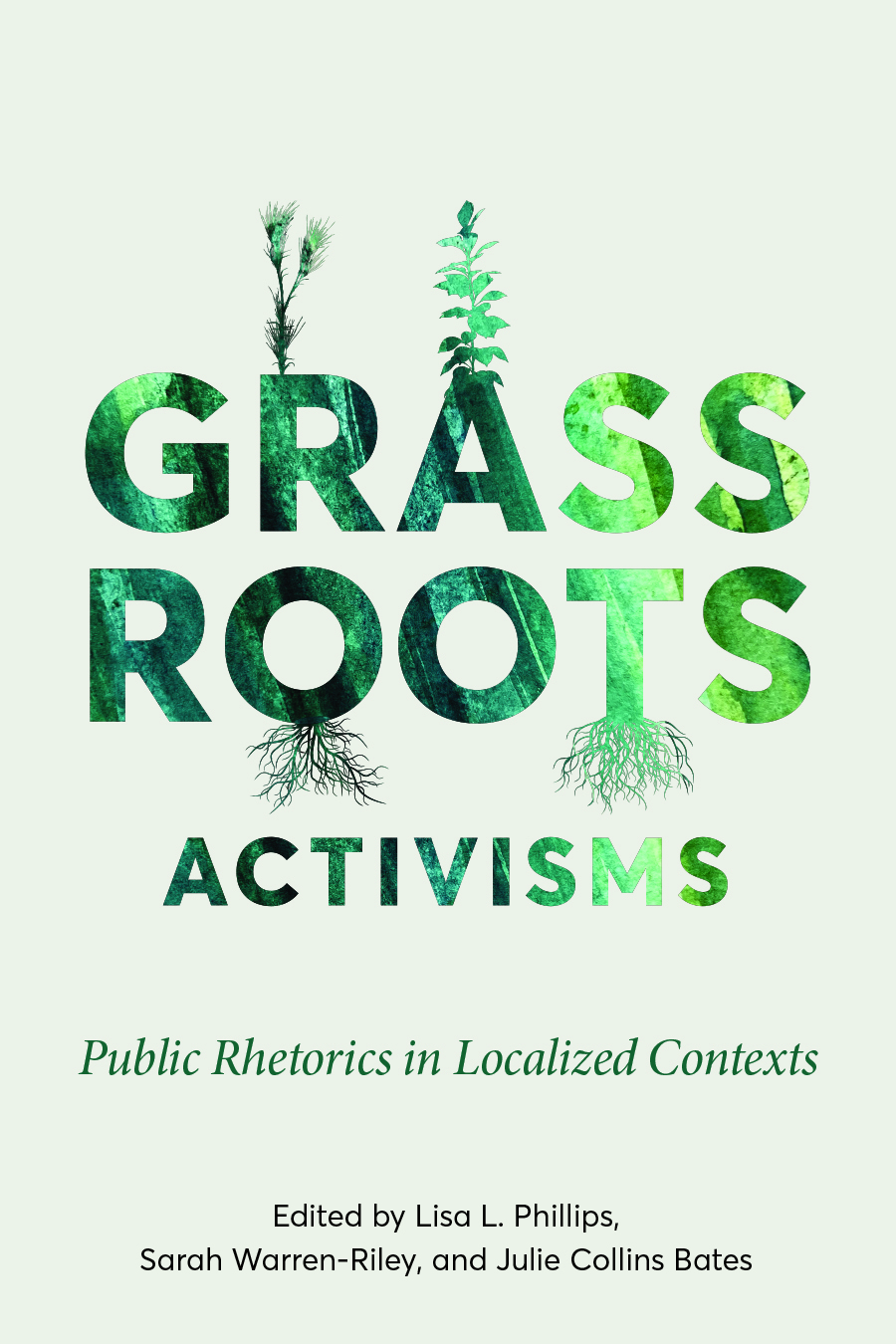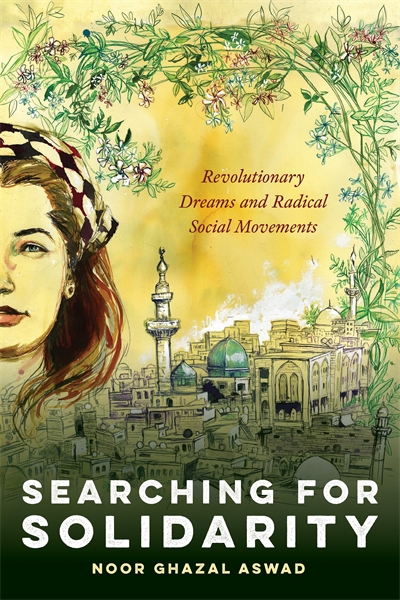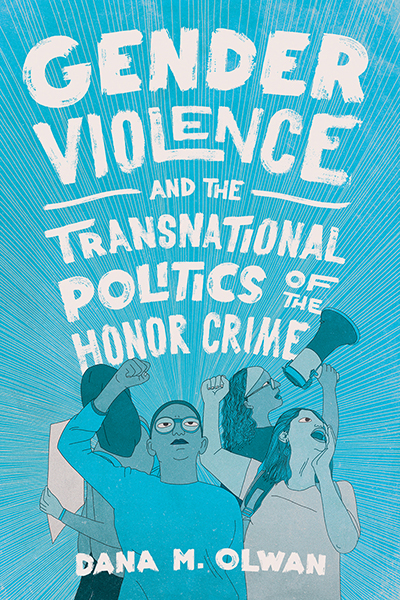“Perhaps the most powerful affective force of our current times, solidarity pulls us radically together but may also pull us radically apart. In this beautiful homage to the generative capacities of solidaristic relations, Noor Ghazal Aswad takes us well beyond strategic or formulaic paradigms of solidarity to show us the heart of our alignments, our passions, and our commitments to others. Searching for Solidarity is a spiritual balm for our now and a rousing, inspiring disquisition for our futures.” —Jasbir Puar, author of The Right to Maim: Debility, Capacity, Disability
“Radical subjects are involved in intense struggles for freedom and justice, at risk of being arrested, tortured, and killed. Starting in Syria, this lucid book weaves personal struggles with the political to tell the story of the radical subject, and represents the author’s own fluctuation between the insider’s commitment and outsider’s melancholy.” — Yassin al-Haj Saleh, Syrian writer and dissident
“This is a book that affect inquiry (and beyond) sorely needs. Situated in case studies drawn from Syrians’ resistance, Ghazal Aswad’s writing arrives as a fully realized grappling with affect in its myriad imbrications—both tragic and joyous—with social movements, liberatory struggles, ‘thick’ solidarities, ‘post’-memories, and political potentialities. Ghazal Aswad continually upends many of our too readily assumed ways of moving with and against the transnational grain of critical/political discourses. Tough-minded and deeply moving, Searching for Solidarity is revelatory in every sense.” —Gregory J. Seigworth, coeditor of The Affect Theory Reader
“In stunning prose and with a compelling argument, this book offers a trailblazing account of solidarity as an affective force of openness to the testimonies, memories, and hope of distant bodies that fight in revolution. Remarkable in its clarity and courage, it brilliantly demonstrates how and why turning our emotion and attention to radical subjects and their struggles of resistance holds the best promise for a new emancipatory politics.” —Lilie Chouliaraki, author of Wronged: The Weaponization of Victimhood
“Solidarity is collective defiance, collective resistance, and collective hope. As such, if it is the case that ‘where there’s hope there’s life,’ then it is also the case that ‘where there’s solidarity there’s collective life.’ This book explores crucial radical affects and, in the process, weaves them into our existence.” —Ghassan Hage, author of The Diasporic Condition: Ethnographic Explorations of the Lebanese in the World
In Searching for Solidarity, Noor Ghazal Aswad explores how the emancipatory qualities of transnational revolutionary struggle are often denied, misunderstood, and erased. Drawing on the stories of those in struggle, Searching for Solidarity reimagines solidarity as an affective, ethical, and political capacity that can thrive amid today’s volatile “political economy of emotion”—an environment marked by mistrust, fake news, and disinformation campaigns targeting those in resistance. At the heart of this book is the “radical subject,” which refers to those revolting against repressive forces to achieve liberatory change at the risk of death, injury, or disappearance. These radical subjects offer a new foundation for critical theory—one that rejects “negative solidarity,” the tendency to acquiesce to power or distance oneself from those fighting against systemic injustice. By immersing readers in the testimony, memory, and hopes of these subjects, each chapter reveals solidarity as an affective force capable of cutting through distortive narratives and binding us in a cross-cultural, decolonizing, and nonhierarchical collectivity. Solidarity, through this lens, emerges as a transformative stance that compels us to, as Yassin al-Haj Saleh writes, become “partners in word and deed to change power.”
Contents
List of Illustrations
Introduction
Chapter 1 On Orientation: Disrupting Erasure and Ideologies of Exceptionalism
Chapter 2 On Testimony: Reclaiming Affective Politics
Chapter 3 On Postmemory: Our Hearts Haven’t Been Quenched, Yet
Chapter 4 On Peripherality: Mobilizing Affective Geographies
Chapter 5 On Hope: Bloom Spaces and the Circulation of Solidarity
Conclusion
Coda On Exile
Acknowledgments
Appendix
Bibliography
Index
“Searching for Solidarity contributes to important conversations concerning whiteness and nationalism, testimony and witnessing, public and private memory, territoriality, and hope and community. Ghazal Aswad illuminates the radical subject as both theorist and object of study, who works at moments of political rupture and envisions new political possibilities.” —Mary E. Stuckey, author of For the Enjoyment of the People: The Creation of National Identity in American Public Lands
“With Searching for Solidarity, Noor Ghazal Aswad seeks to shape how we see those who undertake revolutionary work. Her combination of the personal and the political exemplifies current critical work in rhetoric studies—and BIPOC rhetorics and rhetorics of the Global South in particular.” —Ana Milena Ribero, author of Dreamer Nation: Immigration, Activism, and Neoliberalism
Related Titles:

Grassroots Activisms
Public Rhetorics in Localized Contexts
Edited by lisa L. Phillips, Sarah Warren-Riley, and Julie Collins Bates



